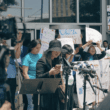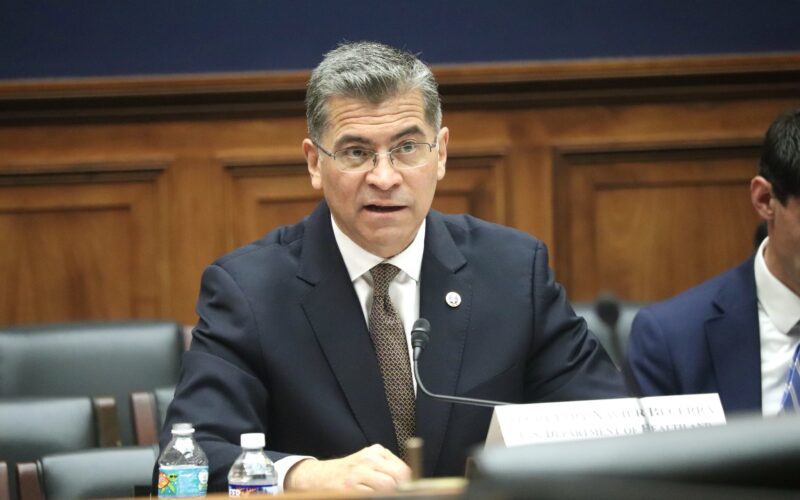Sign up here to receive The Yappie's weekly briefing on Asian American + Pacific Islander politics and support our work by making a donation.
The U.S. Department of Health and Human Services awarded Hawai‘i's Department of Health $3.5 million this month to create a first-ever national Asian American, Native Hawaiian, and Pacific Islander behavioral health center. The investment is a step toward improving health care services for AANHPIs. Here's what you need to know.
?⚕️ Its mission: The new Behavioral Health Center of Excellence (CoE) will focus on developing culturally and linguistically appropriate behavioral health practices, promoting employment and retention of AANHPI health professionals, and creating other resources to identify AANHPI health disparities.
Why this matters: AANHPIs lack culturally competent health care and face stigmas, language barriers, and other obstacles that can make it more difficult to access medical resources.
- For example: Less than a quarter of Asian adults experiencing mental illness received treatment in 2020, the lowest out of any racial or ethnic group, according to the National Alliance on Mental Illness. A 2021 survey also found that one in three Asian American patients at community health centers reported experiencing more discrimination since the pandemic began.
- Meanwhile, NHPIs have less access to cancer prevention and control programs while remaining at much higher risk for health conditions like tuberculosis compared to other racial or ethnic groups. They also face challenges with a medical infrastructure that doesn’t recognize the impacts of colonialism on health outcomes.
? Addressing disparities: Research on AANHPI health often overlooks specific issues prevalent among Native Hawaiians and Pacific Islanders due to lack of data disaggregation. There are crucial differences in the health needs of Asian Americans and NHPIs, however.
- Native Hawaiians and Pacific Islanders have borne the brunt of the pandemic with higher infection and death rates than any other racial or ethnic group.
- In the U.S., they face a disproportionately high burden of cardiovascular risk factors compared to white and Asian Americans, according to a 2022 study that analyzed data from 2011-2015 health outcomes surveys conducted by the Centers for Medicare and Medicaid Services.
- NHPI groups are also more likely to not have health insurance coverage. In California, Korean, Cambodian, Thai, and Indonesian Americans have uninsured rates of 7% and higher, while Native Hawaiians have an uninsured rate of close to 9%, according to a 2022 AAPI Data report. The difference in coverage plays a role in delaying or impeding access to necessary care.
For its first year, the center will receive $700,000 from the U.S. Department of Health and Human Services. The rest of the $3.5 million dollars will be distributed within the next five years.
- The money comes from a grant offered by the Substance Abuse and Mental Health Services Administration.
Yes, but: The center cannot exceed $700,000 in annual costs, and there is a level of uncertainty about whether the center will be able to continue its operations after five years.
✍️ The bottom line: “Truly responsive behavioral health services must address stigma and provide resources that address cultural trauma and culturally-informed treatment,” Hawaiʻi Deputy Director of Behavioral Health Marian Tsuji said. “We are honored to lead this national Center of Excellence to bring together cultural practitioners, behavioral health experts, and other stakeholders to ensure that we are meeting systemic behavioral health needs of our diverse communities.”
This story appeared as "The Big Story" in The Yappie's Sept. 26, 2022 newsletter
The Yappie is your must-read briefing on AAPI power, politics, and influence, fiscally sponsored by the Asian American Journalists Association. Make a donation, subscribe, and follow us on Twitter (@theyappie). Send tips and feedback to [email protected].









